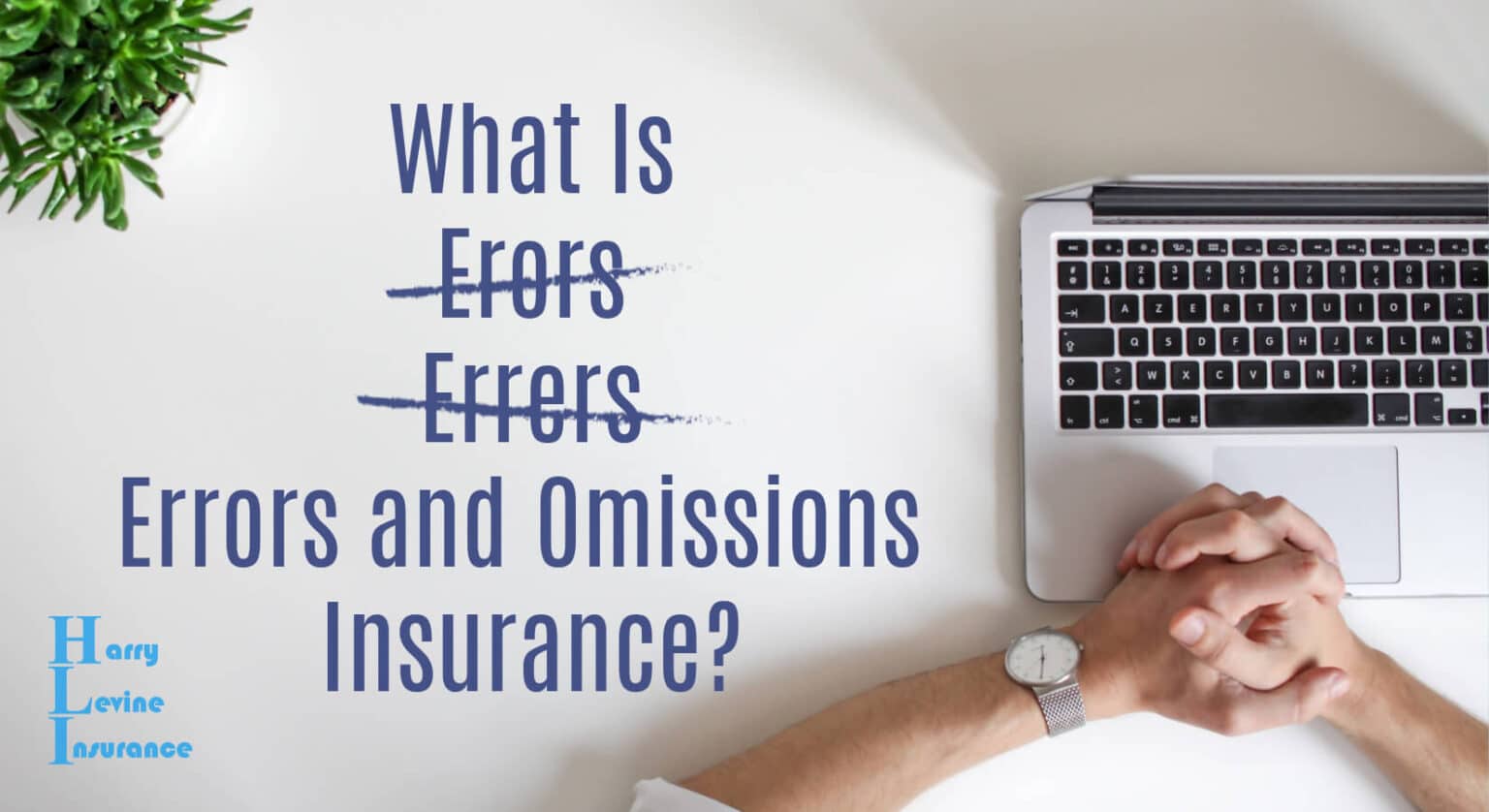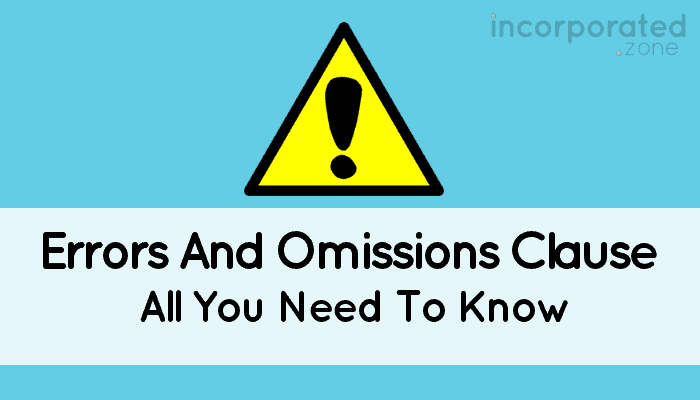Errors and omissions insurance for bookkeepers is a crucial safety net that shields professionals from potential financial risks. Let’s delve into the specifics of this essential coverage.
From the importance of coverage details to cost considerations and legal requirements, this comprehensive guide will equip you with the knowledge needed to make informed decisions.
Importance of Errors and Omissions Insurance

Errors and omissions insurance is a crucial safeguard for bookkeepers, providing protection against potential legal claims arising from mistakes or negligence in their professional services. Without this insurance, bookkeepers could face significant financial risks that could jeopardize their business and personal assets.
Examples of Situations Where Coverage is Beneficial:
- Incorrect data entry leading to financial discrepancies in client records.
- Failing to meet deadlines for submitting important tax documents, resulting in penalties for clients.
- Providing inaccurate financial advice that leads to client losses or legal disputes.
Potential Financial Risks without Errors and Omissions Insurance:
- Legal fees and court costs in the event of a lawsuit.
- Compensation for damages awarded to clients due to errors or negligence.
- Potential loss of clients and damage to reputation, impacting future business opportunities.
Coverage Details: Errors And Omissions Insurance For Bookkeepers

When it comes to errors and omissions insurance for bookkeepers, it’s important to understand the specific types of coverage offered, the limits and options available, as well as any exclusions or limitations that may apply.
Types of Errors and Omissions Covered, Errors and omissions insurance for bookkeepers
- Errors in financial statements
- Failure to file or pay taxes on time
- Data entry mistakes
- Misclassification of expenses or income
- Failure to detect fraud or embezzlement
Coverage Limits and Options
Insurance for bookkeepers typically offers coverage limits ranging from $500,000 to $2 million or more. Bookkeepers can choose the coverage amount based on the size of their business and the level of risk they are exposed to. Additionally, there may be options to add endorsements for specific types of coverage, such as cyber liability insurance.
Exclusions and Limitations
- Intentional misconduct or fraud
- Claims arising from services not covered in the policy
- Claims related to criminal acts
- Claims exceeding the policy limits
- Professional liability claims outside the policy period
Cost and Affordability

When it comes to errors and omissions insurance for bookkeepers, the cost is determined by various factors such as the size of the bookkeeping business, the coverage limits chosen, the location of the business, and the claims history. Bookkeepers with a higher risk profile may end up paying more for their insurance coverage.
Finding Affordable Insurance Options
- Compare Multiple Quotes: Obtain quotes from different insurance providers to find the most competitive rates.
- Consider Higher Deductibles: Opting for a higher deductible can lower your premium costs, but ensure it is an amount you can afford in case of a claim.
- Bundle Policies: Some insurance companies offer discounts if you purchase multiple policies from them, so consider bundling your errors and omissions insurance with other types of coverage.
- Risk Management Practices: Implementing strong risk management practices can help reduce the likelihood of claims, potentially leading to lower premiums over time.
Long-Term Savings
Investing in errors and omissions insurance can provide long-term savings by protecting your business from costly legal claims or settlements. A single lawsuit or claim can have a significant financial impact, potentially leading to bankruptcy without adequate insurance coverage.
By having errors and omissions insurance in place, bookkeepers can focus on their work with peace of mind, knowing that they are financially protected in case of an error or oversight.
Legal Requirements and Regulations
Errors and omissions insurance for bookkeepers may be subject to specific legal requirements and regulations in different regions. Compliance with these requirements is essential for bookkeepers to operate their businesses smoothly and avoid potential legal issues.
State Licensing Requirements
In certain states, bookkeepers may be required to obtain errors and omissions insurance as part of their licensing process. For example, in California, bookkeepers need to have this insurance coverage to legally operate their business.
Industry Standards
Professional organizations such as the American Institute of Professional Bookkeepers (AIPB) may also mandate errors and omissions insurance for their members. Adhering to these industry standards can enhance a bookkeeper’s credibility and reputation.
Impact on Business Operations
- Bookkeepers who fail to comply with legal requirements for errors and omissions insurance may face fines, penalties, or even legal action.
- Without the necessary coverage, bookkeepers risk financial losses in case of lawsuits or claims of negligence from clients.
- Non-compliance with regulations can tarnish a bookkeeper’s professional reputation and lead to loss of clients and business opportunities.
Concluding Remarks
In conclusion, errors and omissions insurance for bookkeepers is not just an option but a necessity in today’s business landscape. By understanding the intricacies of this insurance, bookkeepers can safeguard their livelihood and reputation with confidence.
Question Bank
What specific types of errors are typically covered by this insurance?
Errors such as negligence, misrepresentation, and data breaches are commonly covered under errors and omissions insurance for bookkeepers.
How can bookkeepers find affordable insurance options without compromising coverage?
Bookkeepers can explore different insurance providers, consider bundled policies, and opt for higher deductibles to lower their premiums while maintaining adequate coverage.
Are there any consequences bookkeepers may face for not having errors and omissions insurance?
Without this insurance, bookkeepers risk shouldering significant financial liabilities, legal fees, and damage to their professional reputation in case of client disputes or errors in their work.

